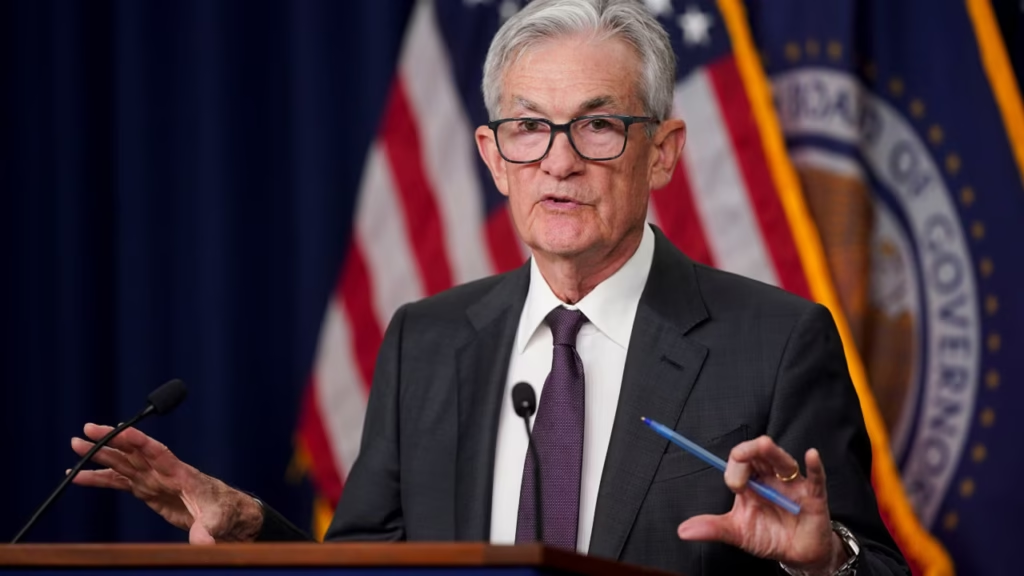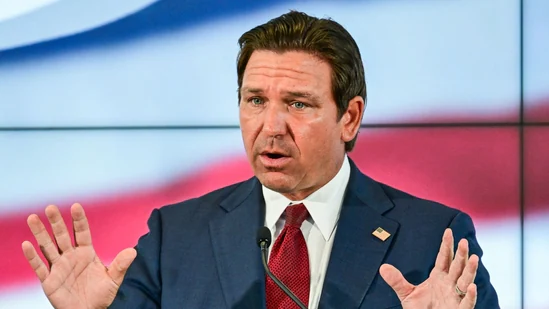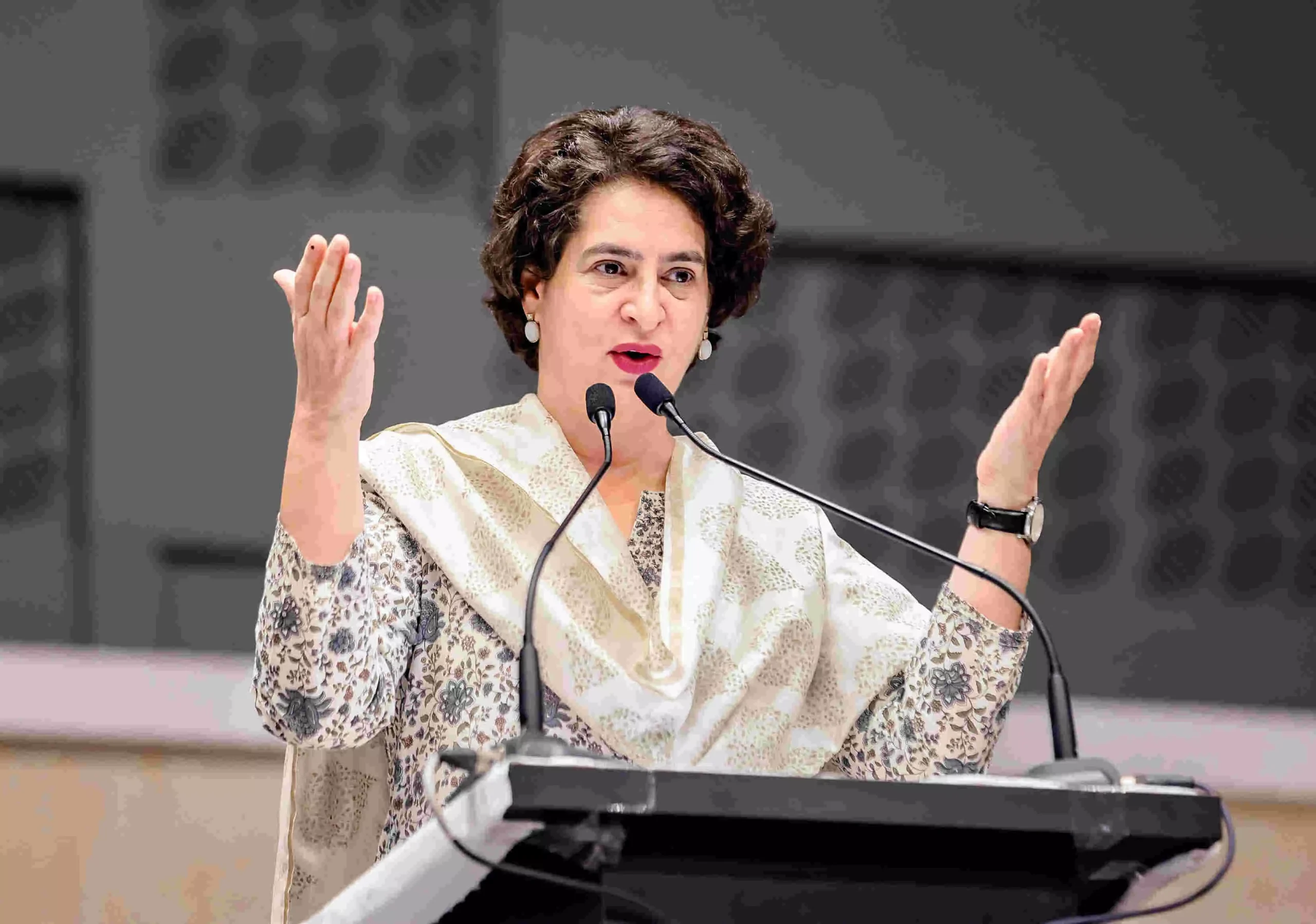Now Reading: “No seat vacant”: Amit Shah rebukes dynasty-politics charge in Bihar polls
-
01
“No seat vacant”: Amit Shah rebukes dynasty-politics charge in Bihar polls
“No seat vacant”: Amit Shah rebukes dynasty-politics charge in Bihar polls

In a charged election campaign in Bihar, Union Home Minister Amit Shah declared that neither the Chief Minister’s post in the state nor the Prime Minister’s position in Delhi is up for grabs. He took aim at Rahul Gandhi, Tejashwi Yadav and their parties for what he called “dynastic ambitions,” intensifying the political battle ahead of the assembly polls.
Shah’s core critique
Shah accused the opposition alliance of trying to engineer leadership changes by targeting top government positions. He claimed that certain political families aim to install their scions in key offices, undermining merit-based leadership. The message was clear: the ruling alliance will not relinquish ground and views this as an existential battle for political legitimacy.
The opposition’s stand
The opposition denied the charge of dynasty-politics, arguing that leadership choices stem from electoral support and public mandate. They asserted that ambitious slogans don’t translate into governance ability, and warned that such jibes divert attention from real issues like employment, infrastructure and state welfare—especially important for smaller cities and developing regions.
Relevance for tier-2 cities and rural voters
In towns beyond the metros, like Nagpur-adjacent regions or rural Bihar, citizens are watching this leadership war closely. What matters to them isn’t who sits in the CM’s chair, but whether their power, basic services and rights expand. The debate over dynastic politics could be a distraction or a trigger, depending on how it influences local expectations of governance, jobs and community uplift.
Election dynamics and voter perception
Shah’s declaration may solidify the ruling alliance’s narrative of stability and continuity. At the same time, the opposition’s framing emphasises change, representation and fresh leadership. For voters in smaller cities, the challenge will be to look beyond rhetoric and assess which camp addresses concrete local concerns—healthcare, roads, school-quality, agricultural support—and whose leadership they trust to deliver.
Conclusion
The battle over leadership titles in Bihar has been framed as a clash between dynastic ambition and democratic continuity. While the rhetoric is intense, what ultimately counts for voters—especially outside metro centres—is delivery, transparency and accountability. For the election outcome to matter, it must resonate in homes, farms and neighbourhoods, not just in political speeches.

























